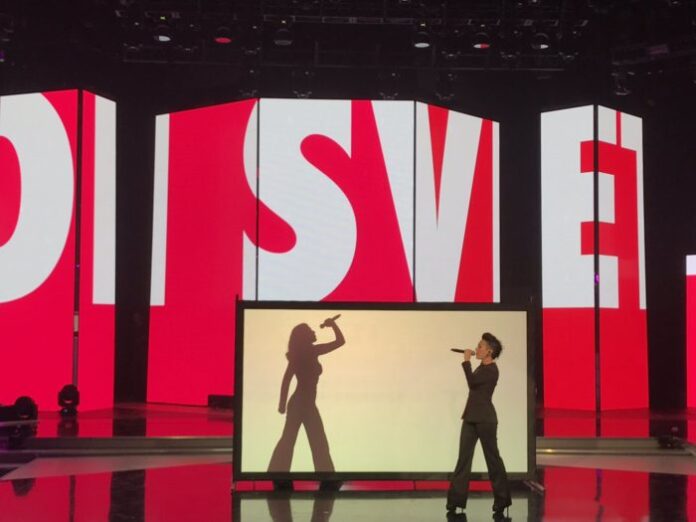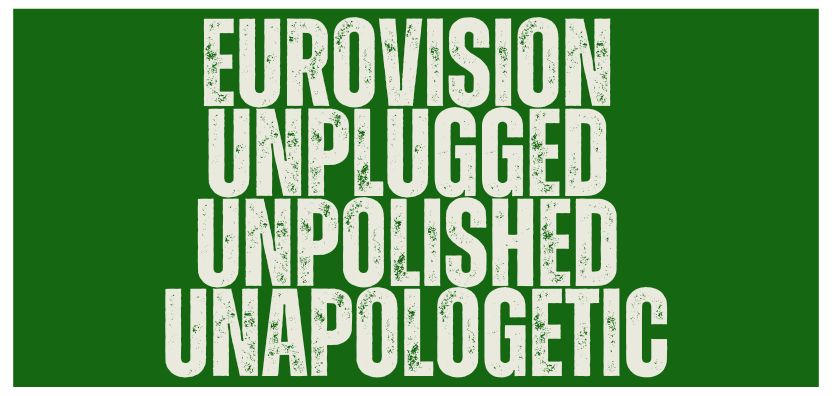Serbia debuted as an independent nation at the Eurovision Song Contest in 2007 and won on its first attempt with Marija Šerifović’s Molitva, a powerful ballad performed in Serbian. Before independence, Serbian artists had competed as part of Yugoslavia and later Serbia and Montenegro, achieving notable success, including a second-place finish in 2004 with Lane Moje by Željko Joksimović.
Since then, Serbia has been a consistent qualifier, known for entries that blend Balkan folk elements with contemporary pop and dramatic performances.
The national selection process, Pesma za Evroviziju (formerly Beovizija), has been instrumental in showcasing diverse musical talents.
Serbia’s entries often highlight its linguistic and cultural heritage, frequently opting to perform in Serbian. Notable results include a third-place finish in 2012 with Željko Joksimović’s Nije ljubav stvar and top-ten placements for entries like In corpore sano by Konstrakta in 2022.
Serbia’s strategy emphasises strong vocals, distinctive staging, and a mix of traditional and modern influences, maintaining its reputation as a competitive force at Eurovision.






